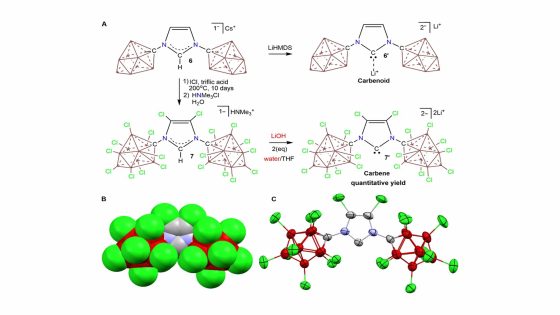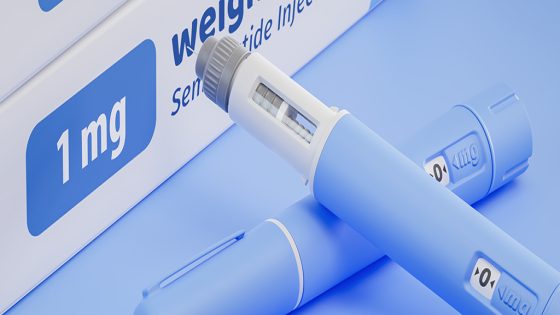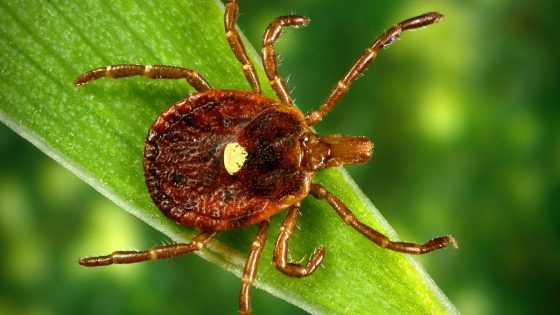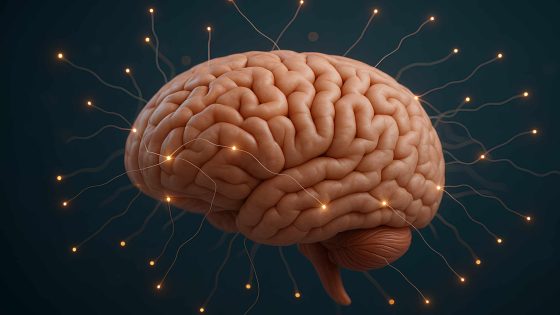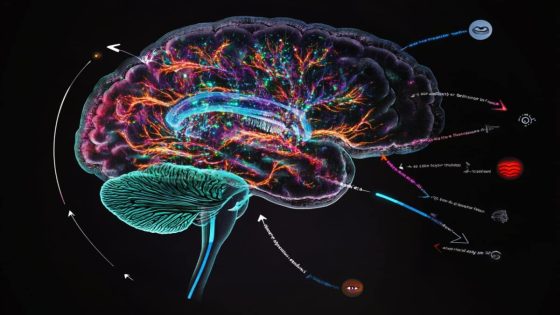Recent research highlights the importance of vitamin B1, or thiamine, in our metabolic processes. Surprisingly, scientists have confirmed a long-dismissed theory from 1958, revealing that thiamine can form a reactive species called a carbene in water.
- Vitamin B1 can form stable carbenes in water.
- Historical skepticism surrounded carbenes in aqueous environments.
- Special molecular shield prevents carbene breakdown.
- Water-based carbenes enable eco-friendly manufacturing.
- Findings enhance understanding of cellular chemistry.
- Future research may uncover more fleeting molecules.
Led by Prof. Vincent Lavallo at the University of California, Riverside, this groundbreaking study shows that these carbenes, previously thought too unstable to exist in aqueous environments, can indeed be observed under specific conditions. The findings, published on 2025-05-24 00:45:00, could reshape our understanding of cellular chemistry.
This discovery raises intriguing questions about the role of fleeting molecules in our bodies. How do they contribute to essential metabolic functions? Understanding these reactive intermediates could lead to breakthroughs in medicine and biochemistry.
- Ensure adequate intake of vitamin B1 through whole grains, nuts, and legumes.
- Consider supplements if you have dietary restrictions that limit thiamine sources.
- Stay informed about new research on vitamins and their biochemical roles.
As research continues, staying updated on vitamin B1 and its implications can empower you to make informed health choices. Embrace the potential of science to unveil new health insights.



